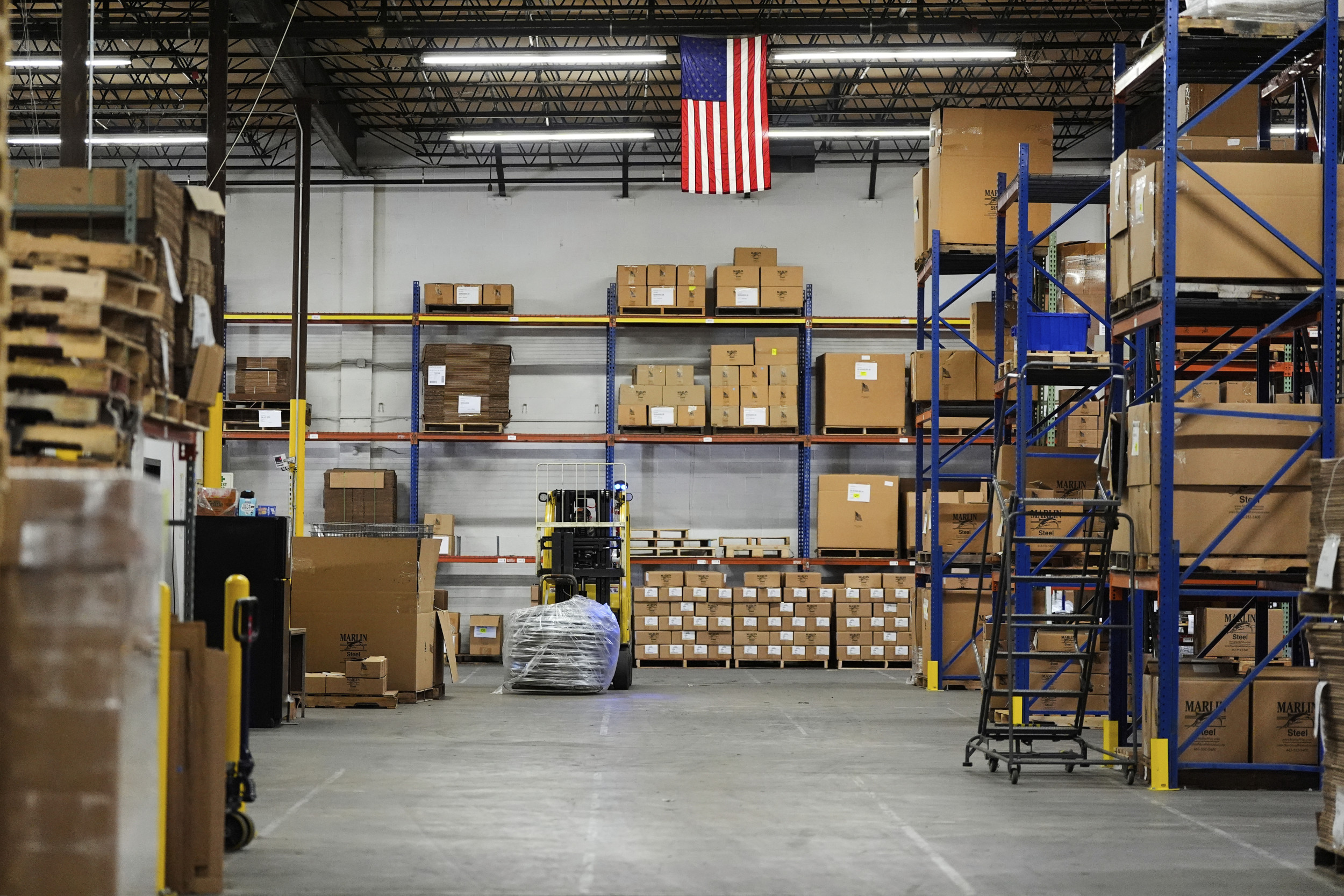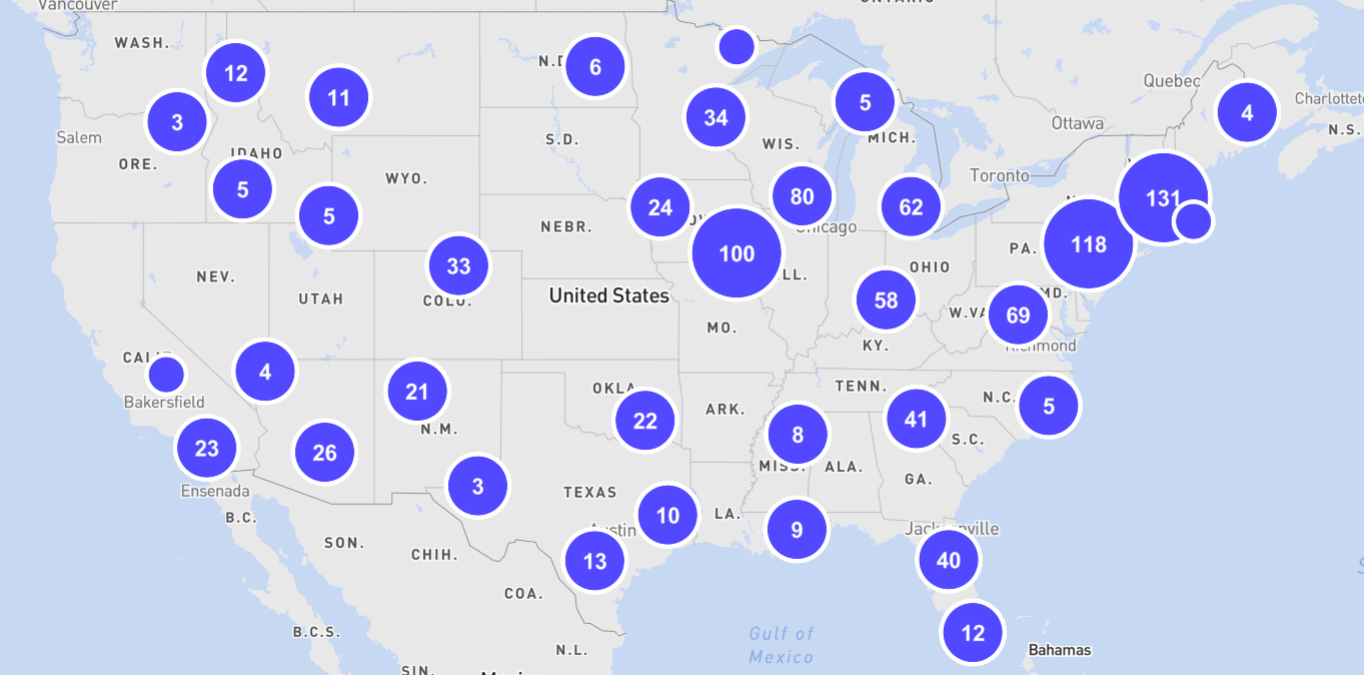Now Reading: US Industrial Output To Be Worst Hit Globally by Trump Tariffs
-
01
US Industrial Output To Be Worst Hit Globally by Trump Tariffs
US Industrial Output To Be Worst Hit Globally by Trump Tariffs

A recent study has found that American industry might face the harshest impacts of the newly imposed tariffs by the administration, despite the goal of reviving U.S. manufacturing being a key focus of these policies. According to a report from Oxford Economics, the expanding array of tariffs announced by President Donald Trump is anticipated to lead to “a shallow recession in global industry.” The report highlights the U.S. as having the most significant forecast downgrades in industrial output, with an expected shrinkage of 0.8 percent in 2025 and 2026.
The authors of the report pointed out that the price increases resulting from tariffs will dampen demand for goods, while heightened uncertainty will have a heavy impact on sectors reliant on investments. Industries dependent on imported inputs, such as automotives, are also expected to experience a sharp decline in activity. This downturn in U.S. industry contradicts one of the main arguments put forward by the administration in favor of the tariffs, which is boosting American manufacturing.
The report, titled “US Tariff Hikes to Cause Global Industrial Recession,” indicates that President Trump’s tariffs will disproportionately affect manufacturing activity, while service sectors will be comparatively insulated. However, service sectors supporting manufacturing and trade, like ocean freight and logistics, will also witness a decline. The U.S. is predicted to suffer economic weakness due to higher inflation and weakened consumer and business confidence, impacting all sectors.
The study also highlights that a substantial decrease in U.S. imports will harm export demand among key trading partners, triggering a negative chain reaction in global trade and manufacturing. This will particularly impact China, Japan, Canada, Mexico, and South Korea. China recently experienced a decline in manufacturing activity, and the disruptions in shipping routes between Asia and the U.S. are expected to affect both Chinese exporters and import-dependent sectors in the U.S.
Experts at Oxford Economics emphasized that while some U.S. manufacturing sectors may benefit from reduced import competition and increased production, the overall impact of the tariffs is likely to be negative. The ongoing trade policy uncertainty may lead businesses to adopt a cautious approach in making investment decisions. Additionally, the study suggests that China is expected to offset some of the weakness induced by tariffs through policy stimulus.
Treasury Secretary Scott Bessent expressed optimism about the tariffs bringing back American manufacturing and generating substantial revenue. However, economists warn about the potential negative effects on businesses, consumers, and global trade if the tariffs continue at their current rate.






